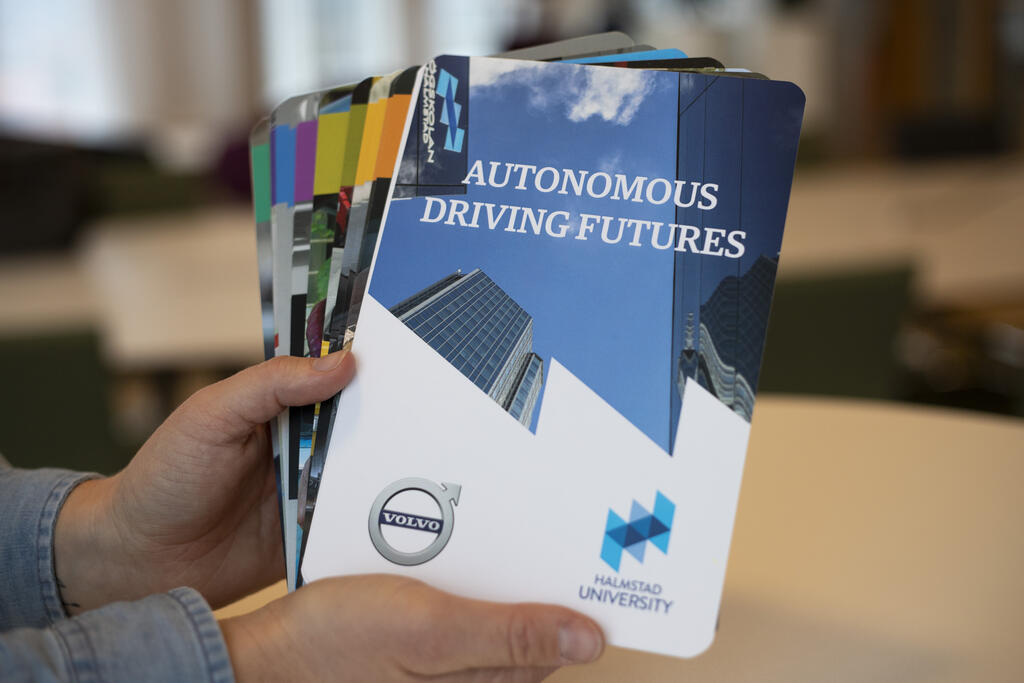AHA - A Human Approach
Should we, and our cities, adapt to new urban mobility or can technology be tailored for us? The AHA projects aims at establishing new ways of developing modern vehicles and smart cities for a sustainable social environment.

The design ethnographic project that is Co-designing future smart urban mobility services - A Human Approach (AHA), brings together technology designers, urban planners, and social researchers to establish a way of collaborating to approach societal challenges from a user-centered service design perspective. AHA is designed as a Proof-of-Concept project to tailor and demonstrate a methodology that combines experimental prototyping and testing of intelligent services for urban development and autonomous vehicles, with participatory and human centred research. As part of the project, the different stakeholders meet to share their perspectives so that together they can tackle future challenges within urban planning and the development of autonomous cars.
The stakeholders of the project have identified a need to align the development of AD services in relation to new understandings of multi-modal commuting, car-pooling and ride-sharing as a priority AD service for research and development. Therefore this project will investigate the potential of future intelligent services within everyday commuting and the new configurations of transportation that are developing in relation to emerging sharing economies. This means re-thinking everyday commuting and the emergence of mobility hubs, docking points and new routes through everyday life. Through this investigation the project will develop a proof-of-concept study and working model for the research, co-design and development of services, technologies and space planning for future intelligent cities.
This project will achieve this by
1. Research the potentials of new intelligent services for everyday commuting transitions, sharing and logistics for both technological development and urban space planning.
2. Create a new transferable and scalable design anthropological methodology that brings together stakeholders (technology designers, City urban planners, citizens) in a process of research, co-design and evaluation that will form a template for future projects.
3. Produce recommendations regarding the orientation and potential impact of larger scale research and design agenda centred on creating co-design solutions towards the integration of autonomous vehicles, other modes of transport and smart city technologies.
In the AHA project, research results from ethnographic studies of how citizens perceive and use their cars and other means of transport are connected to urban planning and technology development with a focus on how people live their everyday lives. Based on the ethnographic findings and the stakeholders’ questions, the research team will create different materials to be used to fuel the discussions in the project workshops, for example ethnographic insight cards, commuting routine maps, principles for urban planning and design specifications for mobility services. Through the different workshops in the project, people’s everyday life is integrated in city and technology development, through the ethnographic research results.
Period
June 2018 - September 2019
Contact
Vaike Fors, Högskolan i Halmstad
Vaike.Fors@hh.se
Project partners
Högskolan i Halmstad, Volvo Cars, Göteborgs Stad, Helsingborgs Stad
Vinnova number
2018-02088


